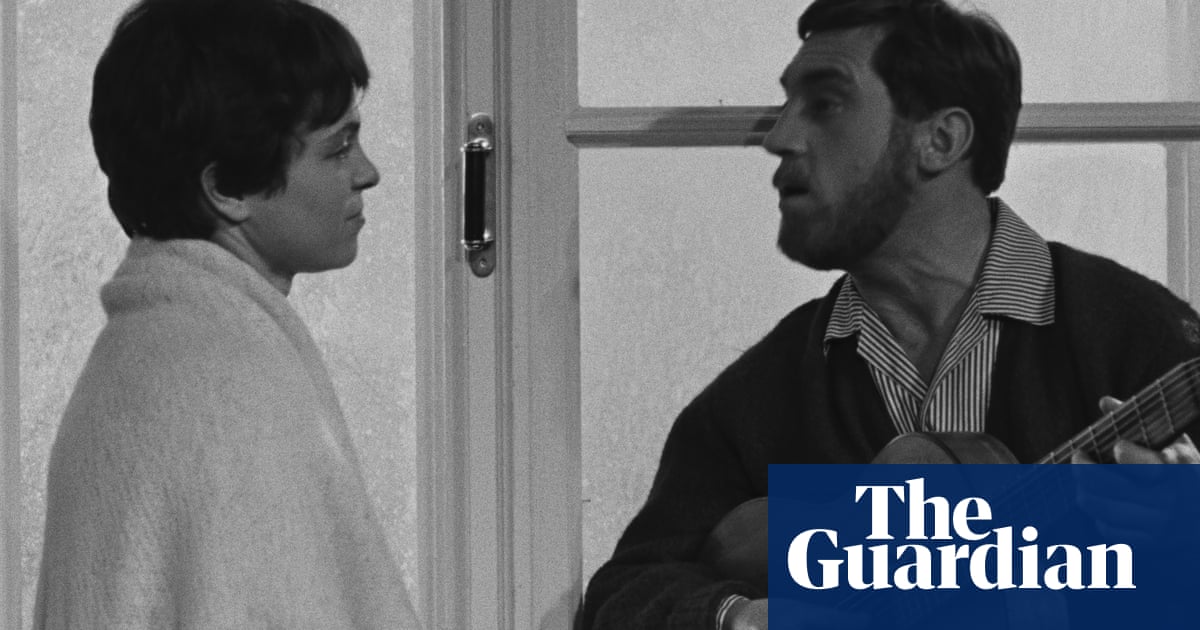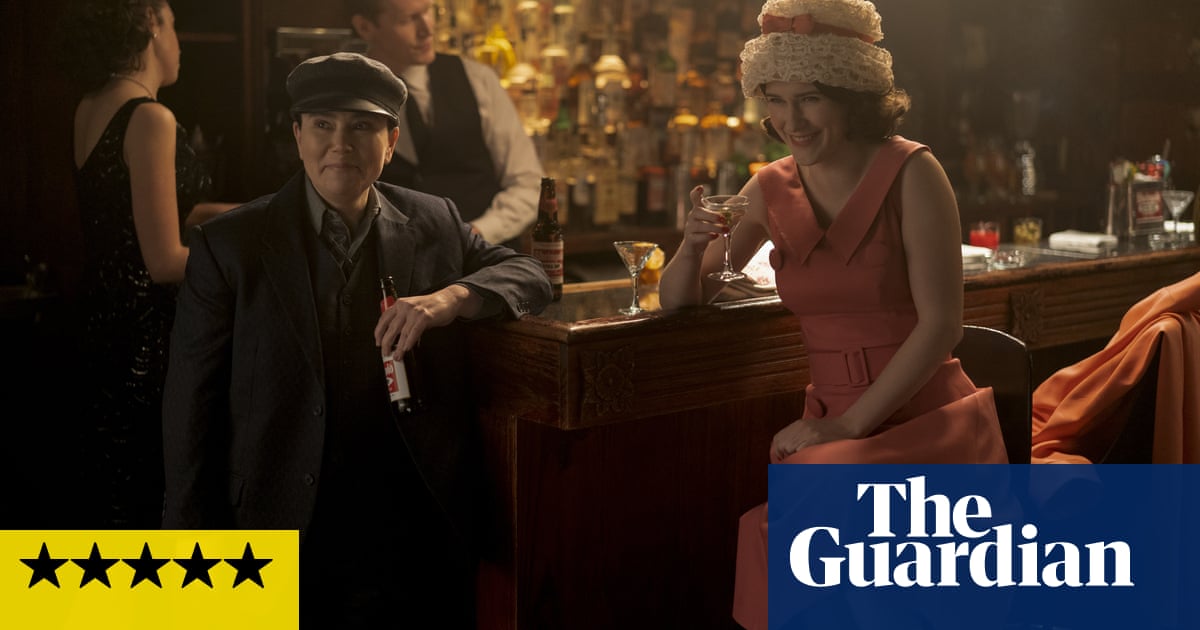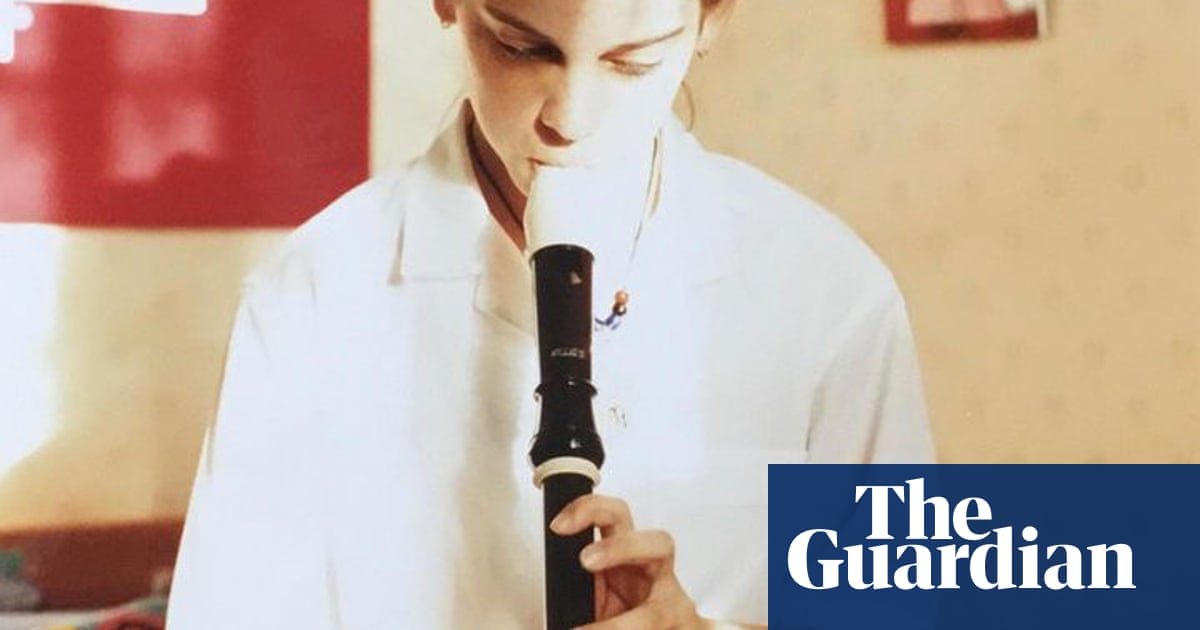
Two complex, elusive and demanding films by the late Moldovan-born, Ukrainian-based director Kira Muratova have now been digitally remastered and rereleased: Brief Encounters (1967) (★★★★★) and The Long Farewell (1971) (★★★★★). The latter was not initially released until much later, owing at least partly to the continuous suspicion Muratova’s distinctive, prose-poetic film language faced from the Soviet authorities.
The question of the director’s neglect in film history has been much discussed, and maybe it is also marginally unfortunate that the titles of these films are easily confused with two very well-known English-language movies. Both contain a single striking narrative hook, what might in Hollywood terms almost be called a “high concept”. In Brief Encounters, an elegant single woman employed in the government’s housing department takes in a live-in housekeeper, unaware that the same man has broken both their hearts: he is a roguish, commitment-phobe geologist who travels like a nomad and doesn’t want to settle down. In The Long Farewell, a teenage boy who has quit school and has become very close to his flirty, divorced mother breaks her heart by announcing his intention to go live with his father.
Hollywood versions of these films, of course, would be tightly shaped around the central idea, making every scene, line and flashback count. But Muratova’s films are driftingly digressive, liable to linger almost perversely on ideas and images adjacent to the matter in hand; they are reluctant to maintain focus on the idea driving the storyline, and content to let dramatic tension and jeopardy leak away. Even the flashbacks, which you might expect to tell us more about what is happening in the present, sometimes seem triggered not by narrative necessity but a kind of loose, improvisatory stream of consciousness that meanders way back to the main motif in its own good time. Slightly menacing, ambient, experimental mood music appears throughout; some elements in these two films rather resemble the very early work of Polanski.
In Brief Encounters, Muratova plays Valya. She is stressed by her workload, having to manage new apartment blocks and persuade their prospective tenants they will have to wait if the flats are not ready. Flashbacks reveal her erstwhile unhappy relationship with the handsome Maxim (Vladimir Vysotsky) who, like a smug troubadour, strums a guitar once given to him by Nadia (Nina Ruslanova), a former waitress from out in the sticks who once had a fling with him, and is now Valya’s housekeeper. That same guitar, its strings symbolically detuning and twangingly snapping, now hangs on Valya’s wall.
But wait – surely the two women are going to discover their awful shared secret? Surely Maxim is going to show up again, leading to all manner of painful (or farcical) revelations? Surely this disclosure will have dramatic implications for the all-important relationship the two women have with each other? Not quite. Everything is oblique and indirect, even (or especially) the ending.
The Long Farewell’s central character is Yevgenia, a woman who, like Valya, is a functionary, employed as an English translator in a government agriculture department; she is humorously and tenderly played by Zinaida Sharko, almost like a Soviet Dora Bryan. Skittishly gratified by a certain gentleman admirer, she has a strong sense of herself as an attractive person, bolstered by her close relationship with her son Sasha (Oleg Vladimirsky) who has made her feel needed. She is deeply hurt by Sasha’s growing sense of mutinous independence, his interest in girls and his desire to live with his father, who isn’t too keen on this idea. The story here orbits unhurriedly around in a wide arc, taking in all types of set-pieces and intimate dialogue exchanges before closing the circle and resolving the central tension between mother and son.
Muratova’s movies do not yield their meaning easily or repay attention with a conventional emotional payoff, and so require close reading. But there is a fierce, individual intelligence at work.
Brief Encounters and The Long Farewell are released on 18 September on digital platforms, Blu-ray and DVD.












